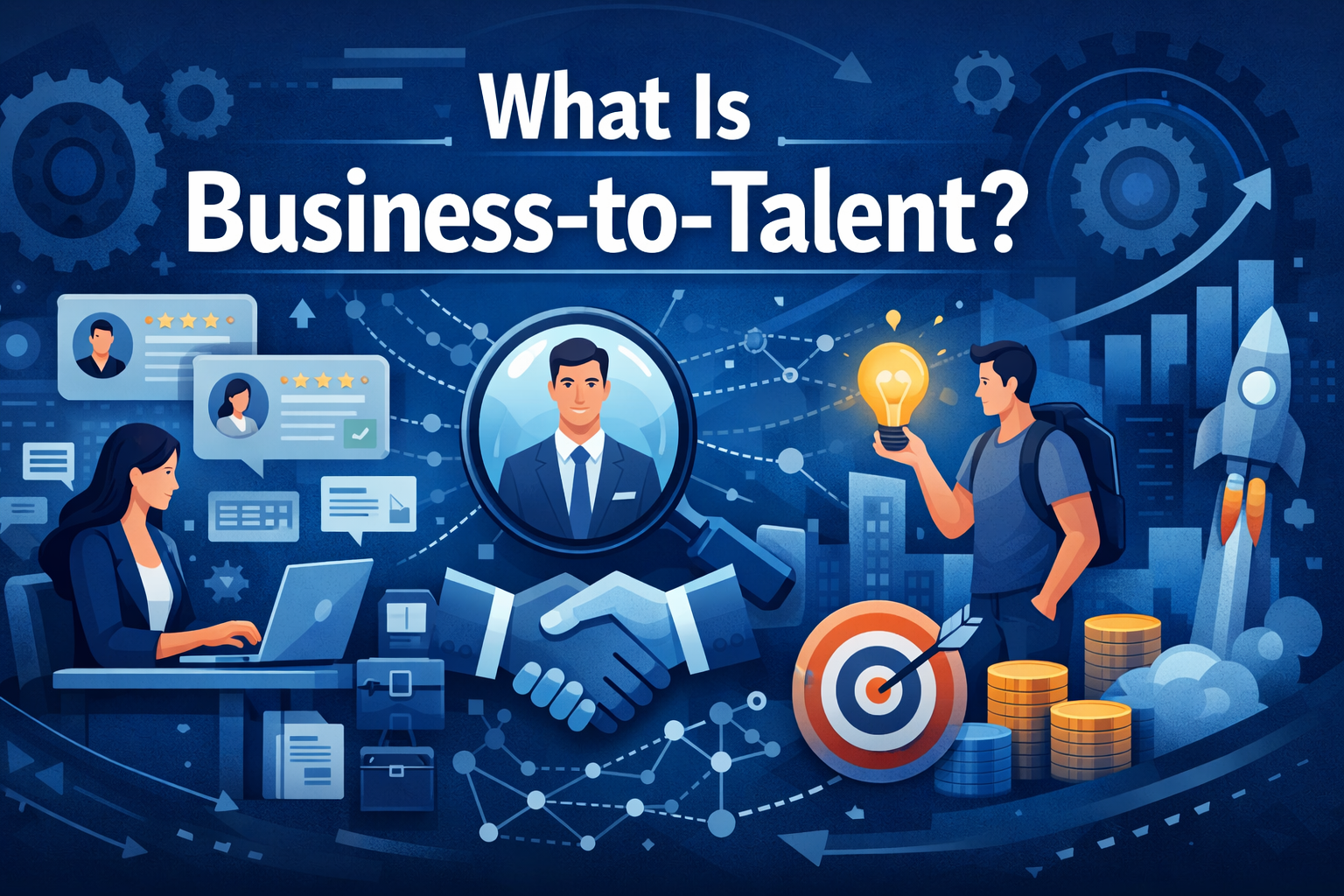Fatigued company CEO falling asleep at office desk while setting performance targets for revenue and profitability. Exhausted manager suffering burnout while reviewing administrative policies

Introduction: We Need to Talk About the Burnout
To be honest, fatigue at work isn’t new. But something shifted. We stopped seeing it as a problem and started wearing it like a medal. Hustle culture told us that being tired, stressed, and constantly on the edge meant we were getting somewhere. But in reality? It often means we’re stuck. Stuck in patterns that hurt our health, careers, and relationships.
This post is about changing that story. It’s about recognizing employee burnout meaningfully, not brushing it off as a phase or personal flaw. Whether you’re feeling useless at work or experiencing depression at work, know that you’re not alone and this isn’t the way it has to be.
What Exactly Is Burnout?
The Difference Between Stress and Burnout
Stress happens when there’s too much on your plate. Burnout is when you stop caring about what’s on the plate altogether. Stress can still come with energy. Burnout feels like a loss of it.
Employee Burnout Meaning
Employee burnout is more than just workplace fatigue. It’s emotional and mental exhaustion caused by prolonged, unmanaged stress. It can leave people disengaged, less productive, and feeling isolated.
Symptoms to Watch For
- Constant tiredness, even after rest
- Cynical or negative thinking about work
- Struggling to focus
- Feeling useless or hopeless
- Physical issues like headaches, insomnia, or digestive problems
The Emotional Weight: Depression at Work and Feeling Useless

Burnout doesn’t just drain your body, it takes over your emotions. For some, it shows up as irritability. For others, it looks like depression at work. You might feel like you’re going through the motions or that your work no longer has meaning. That feeling of being useless? It’s a symptom, not the truth. And it’s one you can address.
Academic Burnout: It’s Not Just a Job Problem
Students aren’t immune. Academic burnout is real, and it looks a lot like workplace burnout: constant fatigue, feeling overwhelmed, and detachment from once-loved studies. The root is often the same, too much pressure and not enough support or rest.
Why Burnout Isn’t a Sign of Strength
We often hear stories of founders sleeping four hours a night, or employees working weekends and holidays. But glorifying that is dangerous. Burnout doesn’t show your strength, it shows your limits have been crossed.
Empathy and Burnout: Why Kindness Matters
One of the most powerful tools to prevent burnout? Empathy. When employers, teammates, and even we ourselves show understanding, it opens the door to healthier habits and better communication. Being seen and heard helps ease the burden. Creating a culture where it’s safe to ask for help is one of the most important ways to counter burnout.
How to Overcome Job Burnout: Real Strategies That Work

1. Take Inventory
What’s draining your energy? What still brings you joy? Write it down. Sometimes clarity comes from seeing the list.
2. Set Boundaries (and Keep Them)
Protect your time. Stop checking emails after hours. Say no to projects that stretch you too thin. Boundaries build resilience.
3. Ask for Support
Talk to your manager, a coworker, or a friend. You’re not supposed to carry everything alone. If needed, reach out to a counselor.
4. Reconnect With Purpose
What used to inspire you? Even small shifts, like volunteering or starting a new hobby, can reignite your spark.
5. Take Breaks That Actually Help
A 5-minute scroll on your phone won’t recharge you. Try stepping outside, moving your body, or taking a true mental pause.
Fatigue and Work: A Vicious Cycle
Fatigue at work leads to more mistakes. Mistakes cause more stress. More stress means less sleep. And so the cycle continues. Breaking it starts with acknowledging your limits and respecting them.
The Role of Managers and Teams

Leaders can either fuel burnout or fight it. Teams thrive when they:
- Normalize taking time off
- Respect work-life boundaries
- Measure results, not hours
Let’s Redefine Growth
Career growth shouldn’t be measured by exhaustion. Let’s celebrate consistency, not chaos. Smart work, not overwork. A good life, not just a good resume.
Conclusion: You Deserve to Feel Whole
You don’t have to burn out to prove your worth. There’s no honor in exhaustion. The real badge of honor is knowing when to pause, when to heal, and when to ask for more from the systems around you.
If you’re feeling the burnout creeping in, know this: there’s a way forward. You are not alone. And you absolutely deserve better.
FAQs
1. How do I know if I’m burned out or just stressed? Stress is usually short-term and can feel energizing. Burnout is ongoing and makes you feel detached, tired, and even depressed.
2. Can burnout lead to depression? Yes. Long-term burnout can evolve into depression, especially when left unaddressed. It’s important to seek support early.
3. Is academic burnout the same as workplace burnout? Very similar. Both involve emotional exhaustion, disconnection, and a drop in performance due to chronic pressure.
4. What can I do if I feel useless at work? Start by talking to someone you trust. Reflect on your accomplishments, set small goals, and consider professional help if needed.
5. How can leaders help reduce employee burnout? By setting healthy boundaries, practicing empathy, recognizing contributions, and creating a safe space to talk about mental health.
learn More: https://blog.impacteers.com
About Us: https://www.impacteers.com



Post Comment